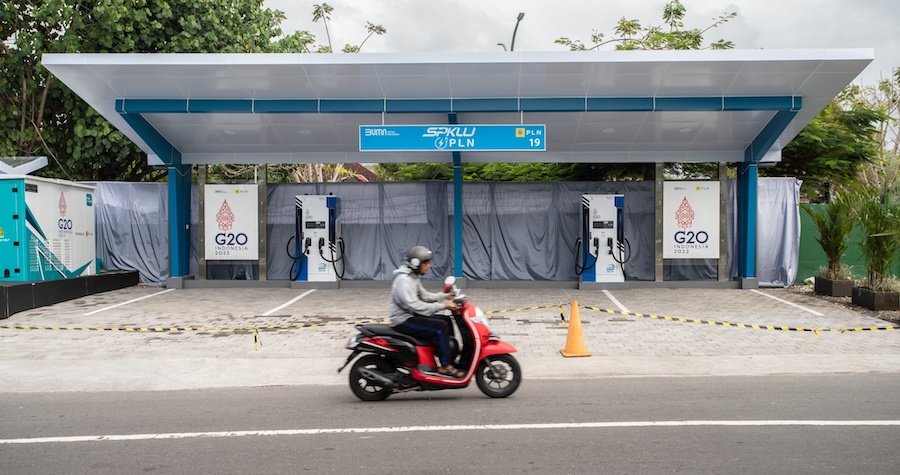Indonesia To Roll Out Subsidy Program To Encourage EV Adoption In 2023

One of the biggest hurdles of getting more and more people on electric vehicles is quite probably our innate resistance to change. All over the world, manufacturers have been hard at work in developing new and attractive electric alternatives to mainstream transportation. Indeed, you could say that there is no shortage of electric two and four wheelers in the market.
Perhaps one of the most effective ways of getting more people on electric vehicles is by tackling things from a cost perspective. This is exactly what Indonesia plans to do starting 2023, by rolling out subsidies for the sales of electric motorbikes and cars. In an article published by Reuters, Coordinating Minister of Maritime and Investment Affairs, Luhut Pandjaitan, explained that the subsidies could amount to about 6.5 million Rupiah, or approximately $413 USD, on the sale of every electric two-wheeler. Electric cars could benefit from a similar subsidy program, although details weren’t provided.
In the bigger scheme of things, Indonesia has set solid goals of accelerating adoption of electric vehicles. More specifically, the country hopes to have at least 1.2 million people on electric two-wheelers, and 35,000 electric cars on the road by 2024. Subsidy programs like this have worked in other countries, such as in India and France, wherein commuters gladly made the shift to electric two-wheelers due to the lowered cost of ownership and other benefits such as priority parking spaces. On top of this, more and more charging stations have been setup, making the use of EVs more practical.
In Indonesia, apart from encouraging the use of electric vehicles, the country is also investing heavily in the development and production of batteries and its associated technologies. In fact, the country has banned exports of nickel ore in order to secure supply for local processing, according to the same Reuters article. Furthermore,Jakarta has been providing tax discounts for EV sales and hybrid vehicles since 2019, and the extension of subsidies to electric two-wheelers could very well go a long way in increasing lightweight EV use in the country.
Related News


